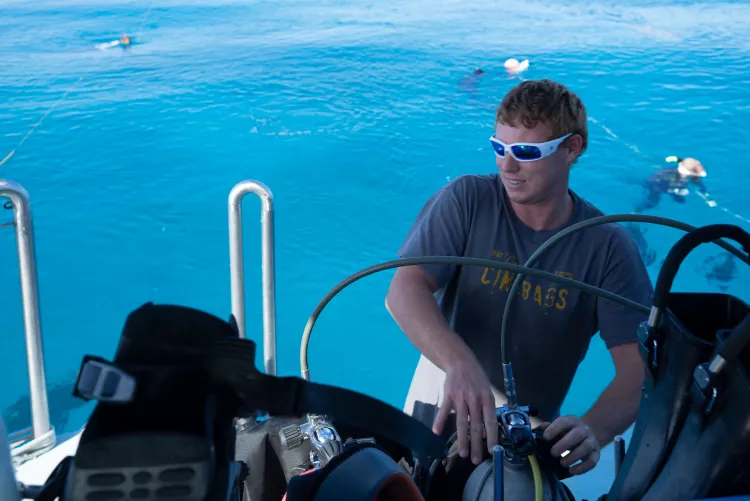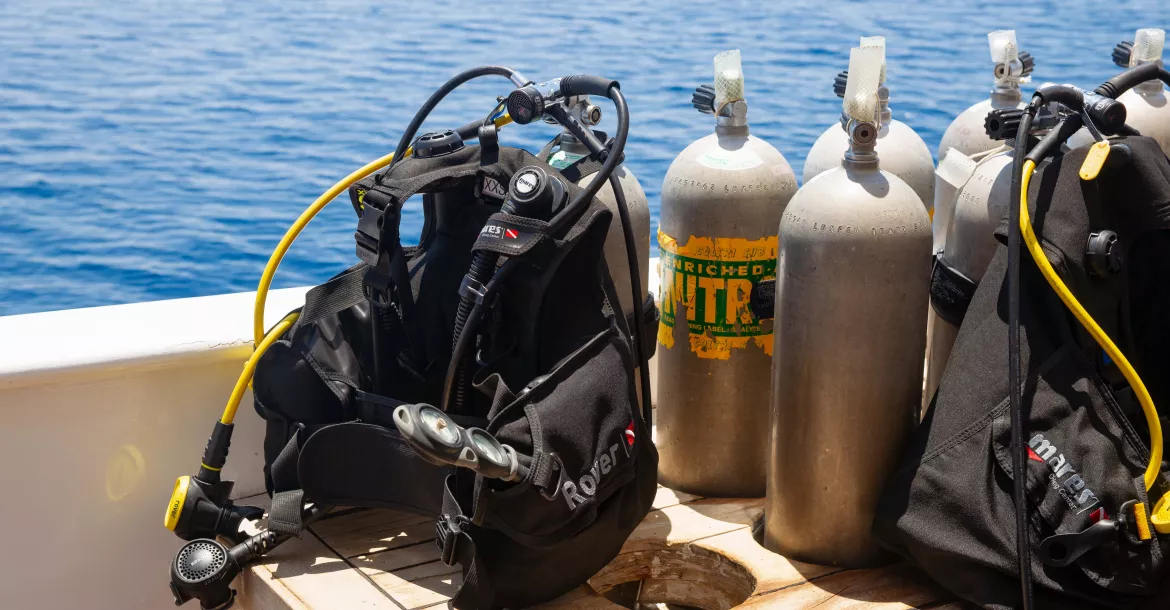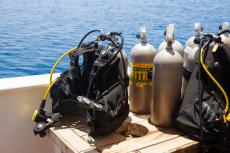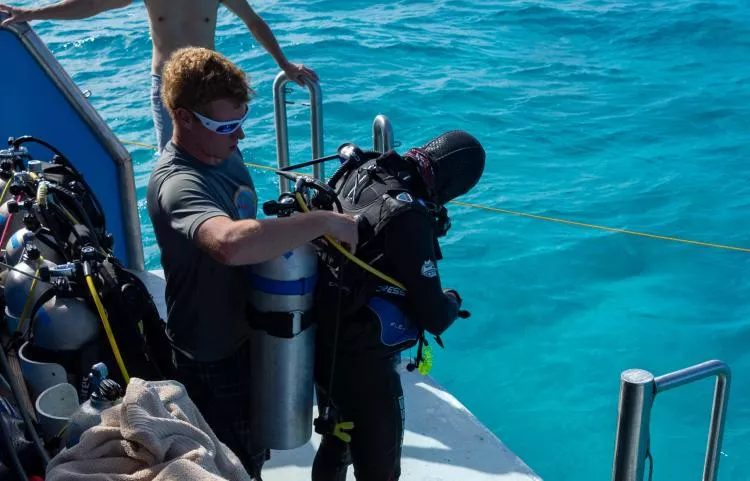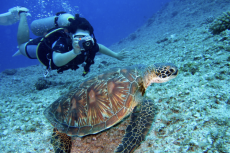Dive operators hit by a shortage of staff
Australia’s situation is but a microcosm of trends facing the worldwide diving industry. It will take some time for the industry to return to pre-pandemic levels. Although many challenges remain, tenacity will hopefully pave the way for a brighter future.
There are several possible reasons for this. To get an idea why, we can look to Australia, where the dive industry is still reeling.
In Queensland, the impact of the Covid-19 pandemic has been catastrophic. Before the pandemic, the industry depended highly on backpacker instructors and those with short-term work visas. Australia’s high cost of living and low wages discourages many locals from careers as dive instructors.
For the backpackers, however, living costs are high, with Australia, ranking ninth out of 68 countries. An instructor with 12 months of experience would earn approximately. AUD30 per hour, a lifestyle difficult to sustain for Australian residents. Unlike many parts of the world, tipping is not a widespread practice in Australia.
Regardless of Covid-19, work permits are both difficult and expensive to obtain. Those wishing to remain for extended periods (e.g. three years) can pay as much as AU$14,000 to an immigration agent to prepare their paperwork. Prior to that, they must find a dive operator to hire them.
Borders shut
When Covid-19 hit, the country closed entirely to international tourism. As a result, many backpackers returned home, with a substantial number pushed out of the dive industry entirely. Like countless people worldwide, sudden unemployment provided an opportunity for soul searching, realizing the dive lifestyle was not going to support long-term prospects, such as purchasing a home.
With their borders closed to other states, Queenslanders themselves kept the Cairns operators’ businesses alive, although social distancing protocols capped numbers on boats. Already lacking its international backpacker workforce, the arrival of a second wave and the Delta variant prompted lockdowns. Restrictions on regional and local travel during school holiday periods triggered continuous uncertainty for businesses, workers, and domestic holidaymakers.
Australia’s international borders are set to open without quarantine requirements on November 1st, but only for fully-vaccinated Australian citizens and residents. When they will open for international working holidaymakers and tourists remains uncertain.
Advertising for staff
In the meantime, dive operators are advertising for workers, but with overseas backpackers still barred from entry, where they will come from is debatable. Many former instructors have since moved on to new jobs and careers.
